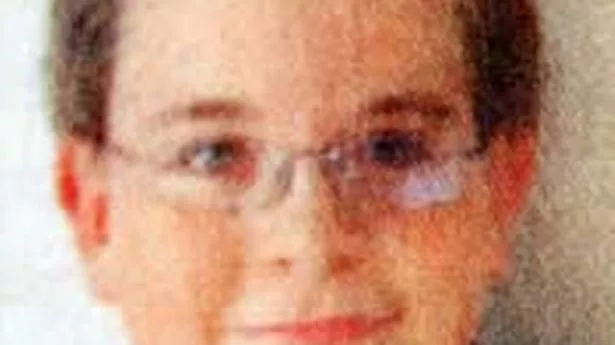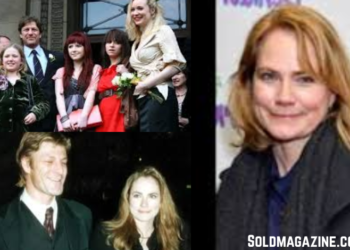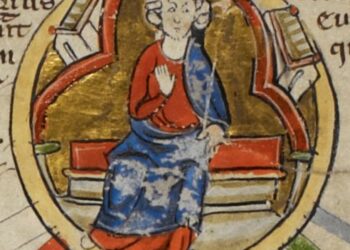Alexander Fritzl’s story is one of extraordinary resilience in the face of unimaginable circumstances. Born into captivity as part of one of Austria’s most horrific cases of abuse, his journey from darkness to a new life demonstrates the remarkable capacity of the human spirit to overcome trauma. This article explores Alexander’s life and the challenging path he and his family have traveled.
Early Life and Birth in Captivity
Alexander Fritzl was born on April 26, 1996, in Amstetten, Austria, in conditions that defy comprehension. His birth took place in a secret underground dungeon beneath the family home where his mother Elisabeth had been imprisoned by her father, Josef Fritzl, for 24 years.
Alexander wasn’t alone in his birth – he arrived as a twin, alongside his brother Michael. Tragically, Michael lived only three days, succumbing to respiratory problems when Josef Fritzl refused to seek medical attention for the newborn.
During his first 15 months, Alexander lived in the basement prison, completely unknown to the outside world. He was one of seven children born to Elisabeth during her captivity, with three remaining underground while three others, including Alexander, were taken upstairs.
Removal from the Cellar
In August 1997, when Alexander was just 15 months old, Josef Fritzl took him from the cellar and brought him to live in the main house. Here, he joined his siblings Lisa and Monika, who had similarly been removed from the cellar earlier.
Josef presented the children to his wife Rosemarie as abandoned by their mother Elisabeth, whom he claimed had run away to join a religious cult. This elaborate lie allowed Josef to maintain his horrific double life while Rosemarie innocently raised the children as her own.
The deception worked because Rosemarie had no reason to question her husband’s explanation, and the children were too young to remember or explain their true origins.
Life Above Ground
Growing up, Alexander lived what outwardly appeared to be a normal childhood. His grandmother Rosemarie, whom he called “Mami,” raised him with care, completely unaware of his true parentage or the horrific circumstances of his birth.
Alexander attended school, participated in normal childhood activities, and even served as an altar boy at the local church. Neighbors described him as a kind, helpful boy who would willingly run errands for his grandmother.
He developed interests typical of any young boy, including learning to play the trumpet. The community knew him as one of the Fritzl grandchildren, with no suspicion of the dark secret beneath the family home.
The Truth Revealed
Everything changed in April 2008, when Alexander was approaching his 12th birthday. His sister Kerstin, who had remained in the cellar with Elisabeth and brother Felix, became seriously ill. Josef was forced to allow Elisabeth to seek medical help for her daughter.
This hospital visit set in motion the events that would finally expose Josef Fritzl’s crimes. Medical staff became suspicious of the strange woman who brought in the gravely ill teenager with a note supposedly from her mother.
When police eventually discovered the underground dungeon, the full horror of the Fritzl case was revealed to a shocked world. Alexander suddenly learned the truth – that his “sister” Elisabeth was actually his mother, and the children in the cellar were his siblings.
Family Dynamics After Freedom
The revelation and subsequent family reunion presented enormous challenges for Alexander and all the Fritzl children. At just 12 years old, he had to process that his entire understanding of his family was based on lies.
Meeting his biological mother and the siblings he never knew existed created a complex emotional landscape. Alexander had to reconcile his life with Rosemarie – the only mother figure he had known – with the reality of his biological mother Elisabeth, who had been forced to give him up.
As detailed in reports covered by Mega Business Media, the psychological challenges faced by families in crisis situations like this require specialized intervention and ongoing support.
For Alexander, forming relationships with his newly discovered family members while processing the traumatic truth of his origins represented an extraordinary emotional burden for a young boy.
Recovery and Adaptation
Following their liberation, Elisabeth and her six surviving children received extensive support to help them adjust to their new reality. They were moved to a clinic where they could receive specialized care away from media attention.
The family was provided with new identities to protect them from unwanted publicity and to give them the opportunity to build new lives. Intensive therapy programs were established to help them process their trauma and develop healthy relationships.
For Alexander, this meant learning to navigate his dual identity – the life he had known above ground and his true origins. Therapists worked to help him understand that none of what happened was his fault and that he deserved a normal, happy future.
The Austrian authorities created a comprehensive support system for the family, including education, financial assistance, and ongoing psychological care to give them the best chance at recovery.
Present Day and Privacy
Today, Alexander Fritzl would be approximately 29 years old. Like his mother and siblings, he has maintained complete privacy since the case became public knowledge.
The Austrian government has gone to great lengths to protect the family’s anonymity, establishing new identities and securing their right to privacy. Elisabeth and her children are believed to live in a small Austrian village, where they continue their journey of healing away from public scrutiny.
Reports suggest that the family has made remarkable progress in building new lives despite their traumatic past. They have reportedly formed strong bonds with each other and created a supportive family unit.
Alexander’s current circumstances remain private, as is his right. What is known is that the psychological support and protection provided have given him and his siblings the opportunity to develop independently from their traumatic origins.
The Fritzl children’s story serves as a powerful reminder of human resilience in the face of unimaginable trauma. Despite being born into circumstances of extreme abuse and manipulation, Alexander and his siblings have been given the chance to reclaim their lives and futures.
Their continued privacy is not just a legal protection but a recognition of their fundamental right to define themselves beyond the circumstances of their birth and early years.











